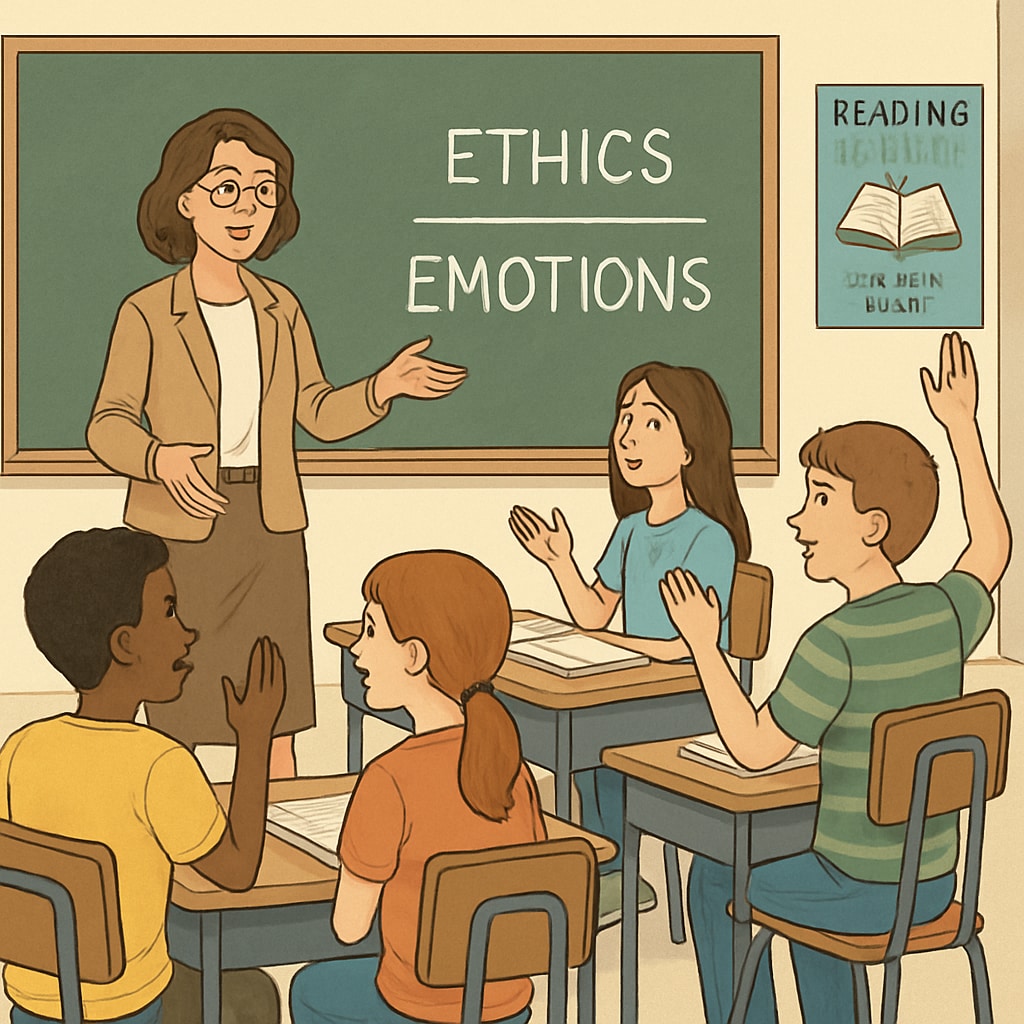Psychology, philosophy, and amateur learning are essential components that can enrich K12 education, offering students a deeper understanding of themselves and the world around them. While these subjects are often reserved for higher education, introducing their foundational concepts during childhood can cultivate critical thinking, emotional intelligence, and a love for lifelong learning. In this article, we explore ways to integrate psychology and philosophy into K12 education, providing practical tips and valuable resources for educators and parents.
Why Psychology and Philosophy Matter in K12 Education
Psychology teaches us how the mind works, helping young learners understand their emotions, behaviors, and interpersonal relationships. Philosophy, on the other hand, encourages the exploration of life’s big questions, fostering curiosity and critical thinking. By introducing these subjects early, educators can equip students with tools to navigate complex social dynamics and develop emotional resilience.
For example, topics like emotional regulation can be woven into classroom discussions about personal growth, while philosophical debates on ethics can be incorporated into literature or history lessons. Integrating psychology and philosophy in this way ensures that students not only gain academic knowledge but also learn how to apply it to their daily lives.

Practical Ways to Incorporate Psychology and Philosophy
Integrating psychological and philosophical concepts into K12 education doesn’t require major curriculum overhauls. Here are practical suggestions:
- Start with age-appropriate materials: Use children’s books that discuss emotions, decision-making, or interpersonal relationships to introduce psychological concepts. For philosophy, try stories that pose moral dilemmas or encourage questioning, like “The Giving Tree” or “The Little Prince.”
- Encourage Socratic questioning: During classroom discussions, ask open-ended questions that prompt students to think critically and articulate their thoughts. For instance, “What does happiness mean to you?” or “Should people always tell the truth?”
- Utilize multimedia resources: Platforms like TED-Ed offer engaging videos on psychology and philosophy topics tailored for younger audiences. These can be used to spark discussions or enrich existing lessons.
- Integrate mindfulness practices: Teaching mindfulness exercises can help students improve focus and manage stress while subtly introducing the psychological concept of self-awareness.

Recommended Resources for Amateur Learning
For educators and parents looking to expand their own understanding of psychology and philosophy, there are numerous accessible resources available:
- Psychology on Britannica: A comprehensive overview of psychological theories and concepts.
- Philosophy on Wikipedia: A beginner-friendly introduction to major philosophical ideas and thinkers.
- Books: “Emotional Intelligence” by Daniel Goleman for understanding the psychology of emotions, and “Sophie’s World” by Jostein Gaarder for a narrative introduction to philosophy.
- Online courses: Platforms like Coursera and Khan Academy offer free or affordable courses in introductory psychology and philosophy.
These resources not only help adults deepen their knowledge but also provide tools to translate complex ideas into simpler concepts for young learners.
The Long-Term Benefits of Integrating Psychology and Philosophy
Incorporating psychology and philosophy into K12 education has lasting benefits. Students develop critical thinking skills that help them analyze information and make informed decisions. They also gain emotional intelligence, which is crucial for building healthy relationships and managing life’s challenges. Ultimately, introducing these subjects early lays the foundation for a well-rounded, reflective, and empathetic individual.
Therefore, both educators and parents play a vital role in nurturing young minds by exposing them to these transformative fields. With the right resources and strategies, psychology and philosophy can become an integral part of K12 education, enriching students’ intellectual and emotional growth.
Readability guidance: This article uses short paragraphs, lists, and transitions to maintain clarity and engagement. Active voice is prioritized, while overuse of long sentences and passive voice is avoided.


